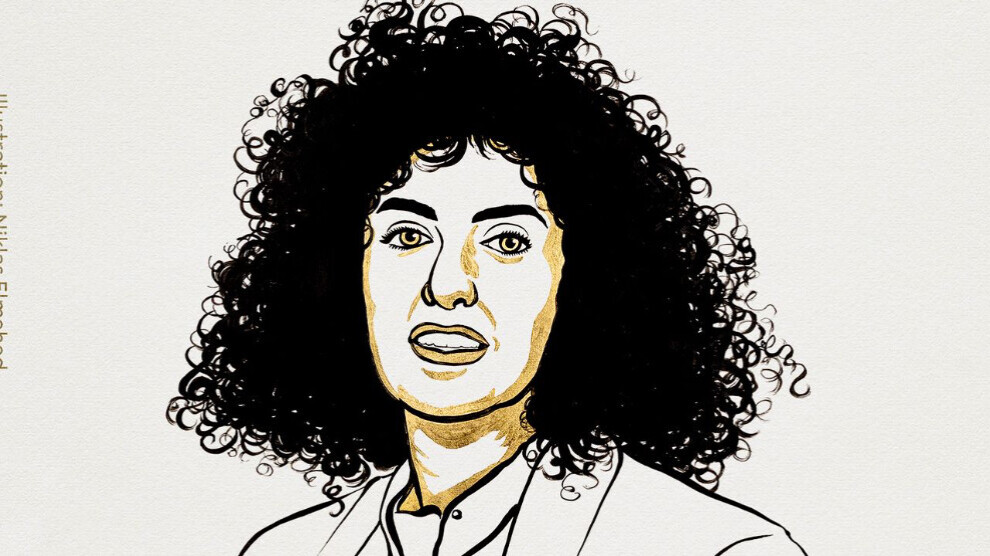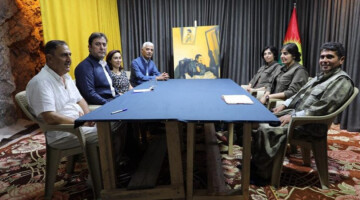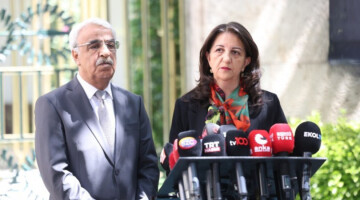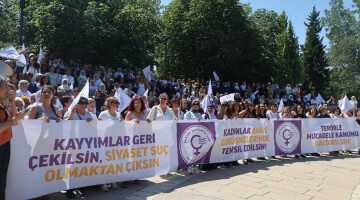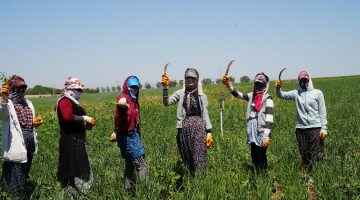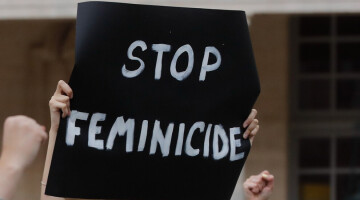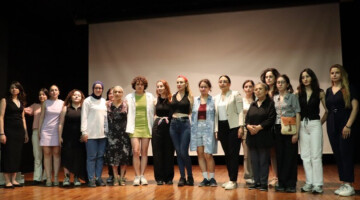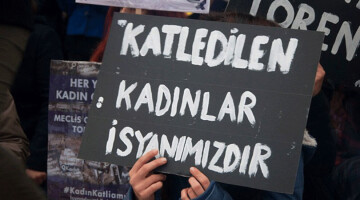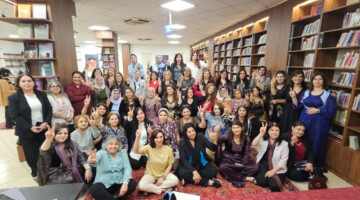This year's Nobel Peace Prize goes to Iranian Narges Mohammadi, announced the Norwegian Nobel Committee in Norway's capital Oslo on Friday. The women's rights and human rights activist is being honoured for her "struggle against the oppression of women in Iran and her fight to promote human rights and freedom for all", said the committee's chairwoman, Berit Reiss-Andersen. She said this would also honour the thousands of people who took to the streets against discrimination against women in Iran at enormous personal risk. Mohammadi's courageous struggle also involved personal sacrifices, she added.
Narges Mohammadi was born in Zanjan in northwest Iran in 1972 and grew up in the Kurdish towns of Qurwe (Qorveh) and Şino (Oshnavieh), among others. She worked as a journalist and is the deputy chairperson of the Iranian Defenders of Human Rights Center (DHRC). She has been in the resistance for women's rights in Iran for three decades. Mohammadi has paid a high price for this: her biography is a story of arrests, violence and torture.
In total, the regime arrested Mohammadi 13 times, convicted her five times and punished her with a total of 31 years in prison and 154 lashes, said Reiss-Andersen. The 51-year-old is also currently imprisoned, serving a long-term sentence in Tehran's notorious Evin Prison. In late 2022, during the height of the "Jin, Jiyan, Azadî" (Woman, Life, Freedom) revolution against the mullah regime's power apparatus, she revealed in a report the torture of dozens of women in the high-security prison. The uprising ignited in September last year over the state feminicide of Kurdish woman Jina Mahsa Amini, who was maltreated to death in police custody for allegedly violating dress codes. The protests were bloodily put down by the regime - and the dress laws for women have since been further tightened. Since Sunday, 16-year-old Armita Garavand has been in a coma in a hospital after an assault by so-called "morality guards" on the Tehran metro. She is also accused of violating the rules on veiling.

